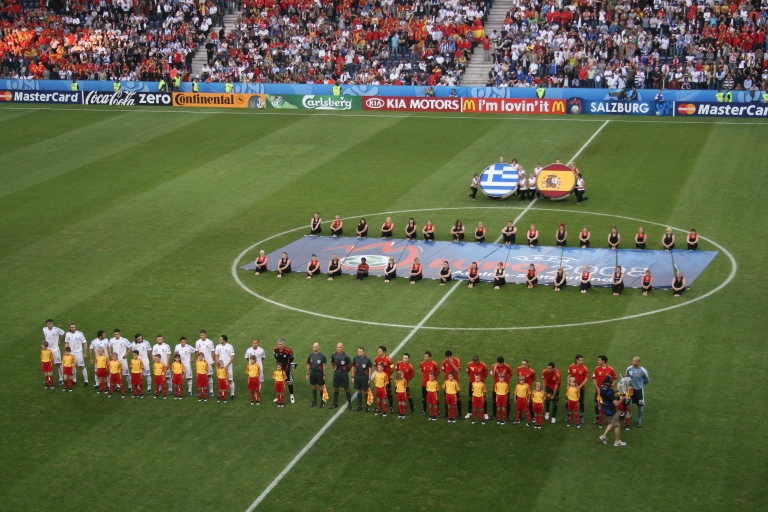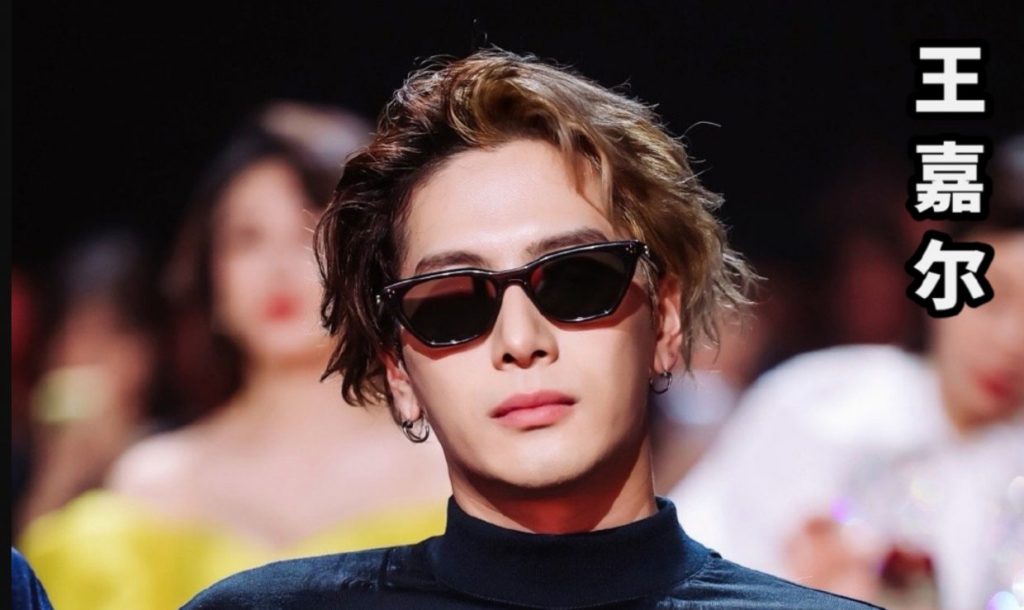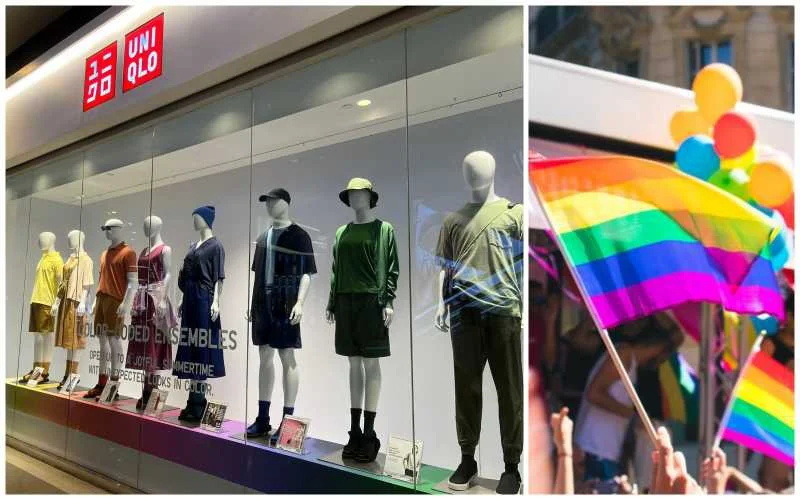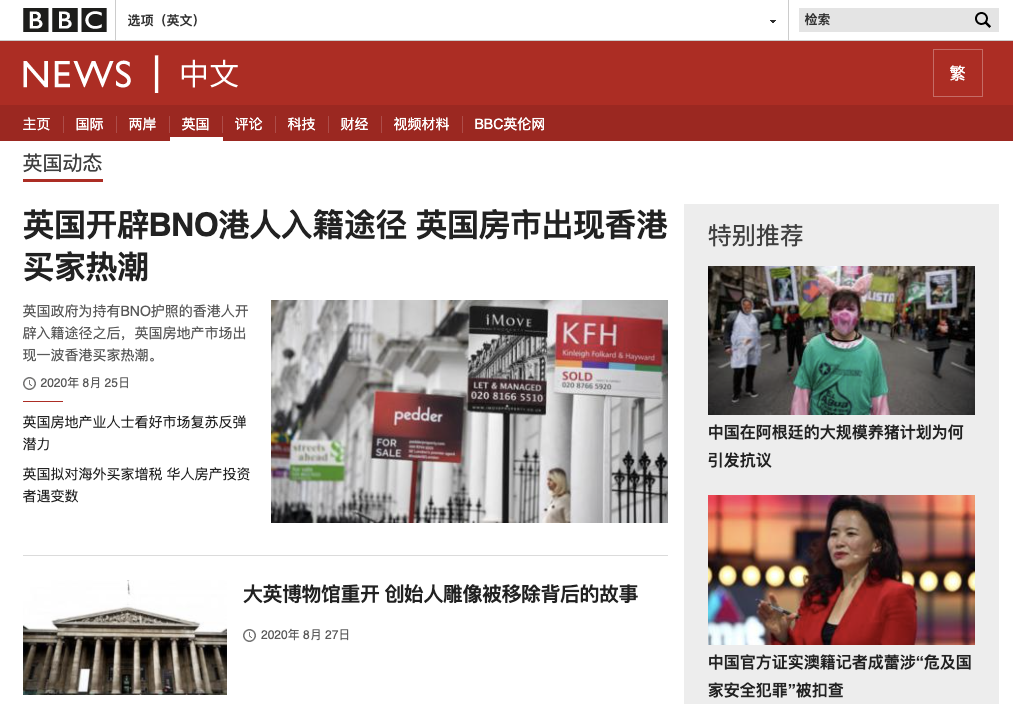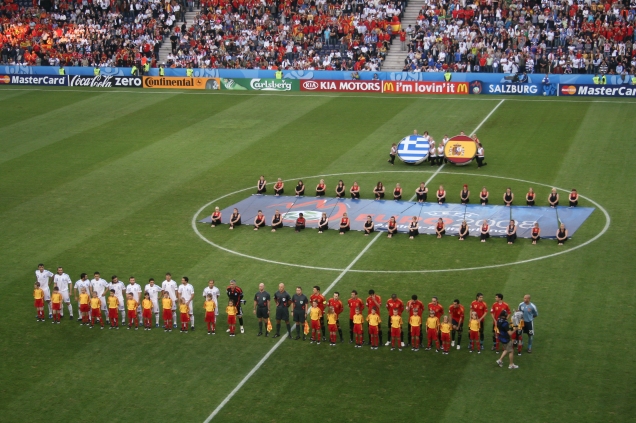
Football fans might have noticed Hisense billboards featured in all the UEFA EURO 2016 matches. The Chinese electronic giant joined other top brands, including Adidas, Carlsberg, Coca-Cola, Continental, Hyundai-Kia, McDonald’s, Orange, SOCAR and Turkish Airlines, as a partner of the EURO 2016 tournament.[i] Although the official sponsorship fee has not been disclosed, Hisense is said to have invested a sum of 370 million yuan to appear in this European soccer event. Despite the fact that this amount corresponds to 25% of the company’s 2015 net profit, the board was confident to recoup the investment after only the group stage of the tournament.[ii]
Even though it is unclear whether Hisense has achieved its objective, this episode demonstrates that the use of sports sponsorship as a marketing technique is increasing in popularity throughout the world. Advance global marketing initiatives through the sponsorship of international sports events have become a common practice among big companies. Most of the major sports organizations and competitions are sponsored by leading global corporations. Chinese companies, in particular, have become increasingly active as sporting event sponsors and investors.[iii] Lured by the potential profits of associating their brands with a sport, sports team or athlete, many Chinese brands have rushed to show their logos in global sports events. These companies believe that capitalizing on the sports market is one of the most effective ways to build global brand awareness and strengthen their domestic market share.
For instance, Chinese sportswear company 361 Degrees International has become the official uniform supplier of the 2016 Rio Olympics and has more than doubled the number of places its goods are sold in Brazil.[iv] This sponsorship strategy is a clear example of the company’s effort to gain international recognition and increase its market shares globally.
Main Targets: Football and Basketball
Ever since President Xi Jinping pledged to make China a major power in the game, football has been gaining popularity in China as Chinese citizens are increasingly interested in worldwide football events. As a result, football has become the main sport for Chinese companies to sponsor. Logos of Chinese companies are shown in each of the five major European leagues, namely the Premier League, La Liga, Bundesliga, Ligue 1, and Serie A.[v] The Spanish La Liga is especially preferred by Chinese brands, with six companies sponsoring it, including Huawei and CCTV.[vi]
On March 18, 2016, Chinese real estate and entertainment giant Wanda Group inked a sponsorship agreement with the International Federation of Football Association (FIFA).[vii] Wanda Group was the first Chinese company to become an official top-level sponsor partner of FIFA, adding to a list of international brands such as Adidas, Coca Cola, Gazprom, Hyundai, Kia, and Visa.[viii] The Wanda-FIFA deal was arguably the most significant achievement of a Chinese company in sports sponsorship, because it marked the first time that a Chinese firm had become a partner of the governing body of the world’s most popular sport. It undoubtedly denoted the high status and financial strength of the sponsoring firm. Through this affiliation, Wanda is expected to enhance the positioning of its brand and secure more opportunities on the international stage.
Wanda has also ventured into basketball by becoming the exclusive partner of the International Basketball Federation (FIBA) for its worldwide sponsorship. The deal includes the sale of licensing rights and global marketing.[ix] Thanks to the NBA media exposure and the popularity of the ex-NBA player Yao Ming, basketball is the most popular sport in China with an estimated 300 million Chinese playing the game.[x]
Several Chinese companies are using the NBA platform to expand their brand in both the Chinese and the US market.[xi] “There are more people watching that game [in China] than there are people in the US, period. 100 million Chinese people are putting their eyeballs on the Houston Rockets games,” said Andrew Elliot, Senior Director of Strategic Marketing at ZTE.[xii] The Shenzhen-based cellphone manufacturer is one of the NBA major Chinese sponsors, along with Harbin Beer, Mengniu Milk, PEAK, and SAP.[xiii] ZTE went so far as to sponsoring five NBA teams: Cleveland Cavaliers, Chicago Bulls, Houston Rockets, New York Knicks and Golden State Warriors.[xiv] The decision to sponsor the Californian team turned out to be a particularly brilliant marketing strategy. In fact, Golden State won the 2015 NBA title and ZTE’s brand awareness rose from 1% in 2013 to 34% in 2015.[xv]
Benefits but Also Risks
While sponsoring sporting events and teams is a great way to raise profiles and increase revenues for Chinese companies, there are also a number of risks to take into consideration. Legal disputes are likely to arise in this sector if contracts are not sufficiently tailored to take into account all the factors involved in the sponsor relationship. Recently, FC Barcelona sued Suning Commerce Group for breach of the sponsorship contract signed in 2014, demanding more than 4 million yuan in compensation and seeking interests of about 139,000 yuan.[xvi] Exactly how Suning breached the agreement, however, is still unknown.
To avoid complications arising out of sponsorship agreements, the following issues should be considered during the process of sponsorship contract drafting and negotiation.
I. Shared Values
Before a company embarks upon a sponsorship program, it should ascertain the values and principles of the potential partner.[xvii] Value alignment and convergence of ideas could determine how a brand is perceived in the marketplace. Sporting events do not always represent virtuous values and may not necessarily be a great opportunity for companies to showcase their brands.
The FIFA corruption scandal is a glaring example. In 2015, fourteen FIFA officials and marketing executives were accused of wire fraud, racketeering, and money laundering.[xviii] After the fact, Sony, Castrol, Johnson & Johnson and Continental dropped their sponsorship agreements with FIFA,[xix] whereas Adidas, Visa, Coca-Cola, McDonalds, and Hyundai kept their sponsorships despite concerns about FIFA ethical values.[xx] As FIFA Secretary General Jerome Valke admitted, the scandal “does not help to finalize any new agreement,” and FIFA will have a hard time signing new 2018 World Cup sponsors.[xxi] In fact, now companies will think twice before aligning their brands to a governing body whose reputation has been tarnished.
II. Terms and Scope
When commencing negotiations, the first aspects to be established are the sponsorship fees, the payment method and what the sponsor is entitled to do. Sponsorship agreements may contain fixed payments or more complex payment provisions, including bonuses and prizes.[xxii] Moreover, the agreement must carefully define such aspects as the types of advertisement and signage that can be used, competitions and events allowed to be sponsored and other matters regarding visibility of logos and signs.[xxiii]
Tensions between the parties may arise in this phase of negotiations because sponsors generally want to define these aspects as broadly as possible, whereas the parties being sponsors prefer a narrow definition.[xxiv] For instance, many sports organizations launch multiple events. A sponsor must make sure whether its sponsorship of an organization is for all events and properties or a few specific ones. Becoming a partner of Formula 1 does not mean that the sponsorship covers all cars, drivers, and tracks. Painstakingly working through each detailed item is critical to avoiding disputes in the long run.
III. Competitors and Exclusivity
Brand owners often push for exclusive sponsorship deals because they do not want to sit alongside other competing brands in the same sporting event, as a competitor may divert away the attention of the target audience.[xxv] As a result, the sponsor may not receive the expected value of the sponsorship. Competition and exclusivity provisions require a high grade of specificity to avoid legal disputes like the one discussed below.
In 2003, Japanese digital camera maker Olympus became the exclusive sponsor of the U.S Open Series tennis games in the “camera category, binocular category and the photo image storage/photo image printing category” for a period of 10 years.[xxvi] For the 2010 U.S. Open, however, the United States Tennis Association (“USTA”) entered into a sponsorship agreement with Panasonic. Olympus claimed that USTA was not allowed to include another camera manufacturer as its sponsor due to the exclusivity clause included in its contract with USTA. Olympus decided to opt out of the final two years of the deal with the USTA and tried to recoup the fee for 2010.[xxvii] In reaction, the USTA filed a lawsuit against Olympus for breach of contract, claiming that the company wanted to get out of its sponsorship agreement in order to save roughly 12 million U.S.D.
The dispute was caused by the lack of detailed specifications in the exclusivity clause. In the exclusivity clause, the USTA promised to abstain from granting sponsorship to “competing companies” or companies whose activity is linked to Olympus in the camera, binocular, or photo image storage/printing category. The clause, however, did not include Panasonic on the list of “competing companies.” The case was eventually settled, and Olympus remained the sponsor of the U.S. Opens even for 2011, but it was done not without a crack in the relationship and financial consequences for both sides.[xxviii]
IV. Duration
The majority of sponsorship contracts include provisions related to the extension of the agreement, such as renewal, the right of first negotiation and right of first refusal provisions.[xxix] A renewal clause allows one or both parties to renew the agreement without having to negotiate terms and conditions for the second time.[xxx] These provisions are often too vague since they often fail to address the reevaluation of the amount of money to be paid or the length of the renewal.
MasterCard was FIFA sponsor for 16 years before suing it for having entered into a sponsorship agreement with Visa for the World Cup editions of 2010 and 2014.[xxxi] MasterCard claimed that FIFA violated its right of first refusal by proposing the deal to Visa without asking MasterCard opinion first. The dispute cost FIFA 90 million U.S.D. to resolve, approximately half of the fees originally paid to FIFA by MasterCard under the sponsorship agreement.[xxxii]
V. Morality, Purpose, and Termination
The preventive assessment of values and principles of the potential partner does not guarantee the success of a sponsorship relation. Unfortunately, scandals and sports often seem to be linked by an invisible wire. Athletes, teams, and governing bodies may be involved in scandals that are detrimental to their sponsor’s image and reputation. In these cases, it may be necessary for the sponsor to terminate the contract in order to protect itself from negative publicity.
The most common strategy is to include morality clauses or purpose clauses.[xxxiii] The former enables the sponsor to terminate the relationship whereby the party being sponsored becomes involved in a scandal or does something to damage the sponsor’s image or reputation. On the other hand, a purpose clause consists of a statement of the intent to and purpose of the sponsorship for both parties. By using key performance indicators, the parties can clearly define expectations and purposes of the sponsorship, the breach of which gives the non-breaching party the right to dissociate.
Apart from these preventative measures, should the scandal occur, the sponsor can choose among different legal and practical actions. In fact, the sponsor may decide whether to drop the sponsorship completely and dissociate itself or to keep the relationship and show its support for the party involved in the scandal.[xxxiv]
Deciding what a brand should do when involved in a sponsorship scandal is sometimes difficult, but there are some factors to keep in mind. Particularly in athlete endorsements, companies often invest to such a high degree in sponsorships that the athlete becomes the very essence of the brand. As a consequence, the company has to take into consideration the practicality of distancing itself from the athlete without damaging or destroying the brand. For this reason, Nike decided not to drop its sponsorship with Tiger Woods when his infidelity scandal came to light in 2009, while other sponsors such as Gatorade, AT&T, Accenture and Gillette immediately distanced themselves from the golfer.[xxxv] On the other hand, Nike ended its sponsorship deal with Manny Pacquiao after the Filipino boxer made an anti-gay statement.[xxxvi] Nike considered Pacquiao’s image not as strongly associated with its brand as Tiger Woods’, as Tiger’s name marks an entire Nike collection. Eventually, Nike’s decision to stand by Tiger Woods turned out to be a good choice, since it would have lost more if it had ended its relationship with the golfer. In fact, despite the fact that in the six months following the scandal Nike lost approximately 105,000 customers, the losses were not gained by other brands as the negative publicity resulted in a loss to the overall golfing industry.[xxxvii]
Conclusion
All in all, whether sponsorships are for athletes, teams, governing bodies or events, contract negotiations and drafting play a fundamental role in assuring the success of the relationship. Sponsorship contracts should be tailored enough to take all the aspects of each issue into account. The best way to prevent disputes and litigation is to prepare contracts with as many specifications as possible. Cross-border sponsorship agreements with Chinese sponsors add another wrinkle because the cultural differences may result in drastically different expectations. In these situations, careful thinking of all possible scenarios and thorough articulation of the clauses will pay off in the long run.
[i] Hisense signs as UEFA EURO 2016 global sponsor, UEFA.com (Jan. 14, 2016), http://www.uefa.com/uefaeuro/news/newsid=2323656.html.
[ii] Chinese company Hisense reaps benefits from Euro 2016 sponsorship, China Daily Europe (July 1, 2016), http://europe.chinadaily.com.cn/business/2016-07/01/content_25931294.htm.
[iii] How to sell football sponsorships to Chinese companies? Yutang Sports (May 21, 2015), http://en.ytsports.cn/news-814.html.
[iv] Chinese sports brands go big on Olympics, Warc (Aug. 5, 2016), https://www.warc.com/LatestNews/News/Chinese_sports_brands_go_big_on_Olympics.news?ID=37195
[v] Supra note 3.
[vi] “La Liga” brand attracts almighty China, Johann Cruyff Institute, http://johancruyffinstitute.com/en/blog-en/la-liga-brand-attracts-almighty-china/.
[vii] Wanda Group becomes new FIFA Partner, FIFA.com (Mar. 18, 2016), http://www.fifa.com/about-fifa/news/y=2016/m=3/news=wanda-group-becomes-new-fifa-partner-2771032.html.
[viii] http://www.fifa.com/about-fifa/marketing/sponsorship/partners/.
[ix] Supra note 2.
[x] Popular Sports in China, MSc in Sports Industry Management’s Blog (May 18, 2015), http://graduate.em-lyon.com/blog-msc-in-sports-industry-management/popular-sports-in-china/.
[xi] Sponsorships are major revenue source, China Daily USA (Apr. 4, 2014), http://usa.chinadaily.com.cn/2014-04/04/content_17407986.htm.
[xii] Cate Cadell, Why ZTE is Now Sponsoring Five NBA Teams, Technode (Nov. 10, 2015), http://technode.com/2015/11/10/why-zte-is-now-sponsoring-five-nba-teams/.
[xiii] Supra note 17.
[xiv] Supra note 18.
[xv] Id.
[xvi] Hermina Wong, FC Barcelona suing Chinese sponsor in HK court for breach of contract, Hong Kong Free Press (Feb. 6, 2016), https://www.hongkongfp.com/2016/02/06/fc-barcelona-suing-chinese-sponsor-in-hk-court-for-breach-of-contract/.
[xvii] David Melancon, 4 Strategies to Mitigate Risk in Global Sponsorship Deals. To avoid FIFA-like disaster, consider partner values, Adweek (July 19, 2015), http://www.adweek.com/news/advertising-branding/4-strategies-mitigate-risk-global-sponsorship-deals-165930.
[xviii] Evan Perez & Shlmon Prokupecz, U.S. charges 16 FIFA officials in widening probe, CNN (Dec. 3, 2015), http://edition.cnn.com/2015/12/03/sport/fifa-corruption-charges-justice-department/.
[xix] Ben Rumsby, Fifa loses three key sponsors as Castrol, Continental and Johnson & Johnson sever ties with world governing body, The Telegraph (Jan. 22, 2015), http://www.telegraph.co.uk/sport/football/world-cup/11364195/Fifa-loses-three-key-sponsors-as-Castrol-Continental-and-Johnson-and-Johnson-sever-ties-with-world-governing-body.html.
[xx] Adam Withnall, Fifa key sponsors Visa, Adidas and Coca-Cola pile on pressure in wake of corruption scandal, The Indipendent (May 28, 2015), http://www.independent.co.uk/news/world/europe/fifa-key-sponsors-visa-adidas-and-coca-cola-pile-on-pressure-in-wake-of-corruption-scandal-10280496.html.
[xxi] Graham Dunbar, FIFA hasn’t signed any new 2018 World Cup sponsors since the corruption scandal exploded, Business Insider (Jul. 24, 2015), http://www.businessinsider.com/fifa-corruption-scandal-scaring-sponsors-for-2018-world-cup-2015-7.
[xxii] Deirdre Kilroy, Drafting a sports sponsorship contract? Think small print, The Irish Times (Dec. 2, 2013), http://www.irishtimes.com/news/crime-and-law/drafting-a-sports-sponsorship-contract-think-small-print-1.1610417.
[xxiii] Steven B. Smith & Adam Brezine, Top Ten Issues in Sponsorship and Licensing Agreements That Are Most Likely to Lead to Disputes and Litigation, Association of Corporate Counsel (Dec. 9, 2011), http://www.acc.com/legalresources/publications/topten/sla.cfm?makepdf=1.
[xxiv] Id.
[xxv] Supra note 28.
[xxvi] Supra note 29.
[xxvii] Samuel Howard, USTA Takes On Olympus Over US Open Contract, Law360 (Nov. 23, 2010), http://www.law360.com/articles/211183/usta-takes-on-olympus-over-us-open-contract.
[xxviii] Supra note 29.
[xxix] Id.
[xxx] Adam Rosenbaum, Key Points to Negotiating a Successful Sponsorship Agreement, Rosenbaum Law Group, http://www.rosenbaumlawgrp.com/business/key-points-negotiating-successful-sponsorship-agreement/.
[xxxi] Matthew Pace, Lessons to be learned from the MasterCard vs. FIFA Dispute, Sports Litigation Alert, Volume 4, Issue 9 (May 25, 2007), http://www.edsonpr.com/NEWS/Sports_Litigation_Alert052507.pdf.
[xxxii] Martha Graybow, Mastercard, FIFA settle World Cup sponsor fight, Reuters (Jun. 21, 2007), http://www.reuters.com/article/us-mastercard-fifa-idUSN2136013820070621.
[xxxiii] Avoiding the Perils of Sport Sponsorship, The Bedford Group, http://bedfordgroupconsulting.com/marketing-insights/avoiding-the-perils-of-sport-sponsorship/.
[xxxiv] Ib.
[xxxv] Ira Kalb, Why Brands Like Nike Stuck with Tiger Woods Through His Scandal, Business Insider (Apr. 5, 2013), http://www.businessinsider.com/tiger-woods-a-tale-of-two-images-2013-4.
[xxxvi] Mark Dobson, Manny Pacquiao’s Nike contract terminated after homophobic slurs, The Guardian (Feb 17, 2016), https://www.theguardian.com/sport/2016/feb/17/manny-pacquiao-gay-comments-nike-boxing.
[xxxvii] Kevin YC Chung, Timothy P. Derdenger & Kannan Srinivasan, Economic Value of Celebrity Endorsements: Tiger Woods’ Impact on Sales of Nike Golf Balls, Marketing Science, Volume 32, Issue 2, INFORMS (Mar. 1, 2013), 271-293.

